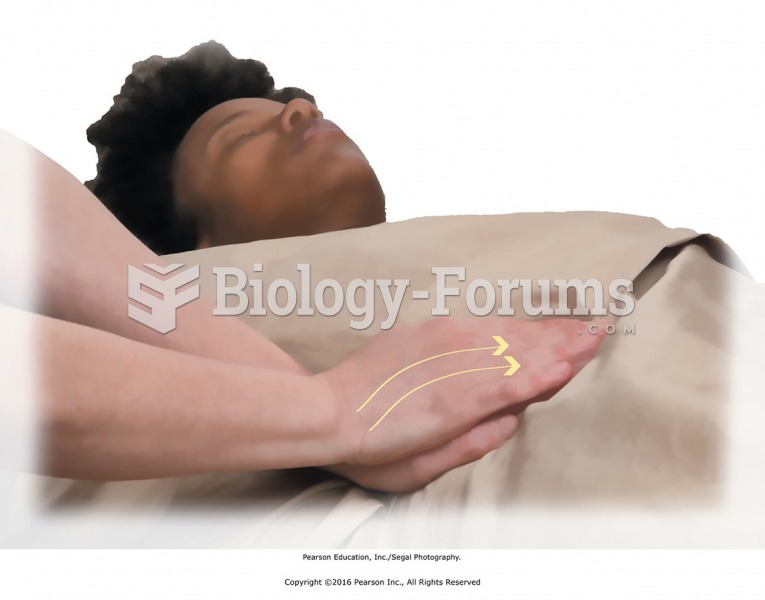|
|
|
Chronic necrotizing aspergillosis has a slowly progressive process that, unlike invasive aspergillosis, does not spread to other organ systems or the blood vessels. It most often affects middle-aged and elderly individuals, spreading to surrounding tissue in the lungs. The disease often does not respond to conventionally successful treatments, and requires individualized therapies in order to keep it from becoming life-threatening.
Before a vaccine is licensed in the USA, the Food and Drug Administration (FDA) reviews it for safety and effectiveness. The CDC then reviews all studies again, as well as the American Academy of Pediatrics and the American Academy of Family Physicians. Every lot of vaccine is tested before administration to the public, and the FDA regularly inspects vaccine manufacturers' facilities.
Asthma occurs in one in 11 children and in one in 12 adults. African Americans and Latinos have a higher risk for developing asthma than other groups.
Patients who cannot swallow may receive nutrition via a parenteral route—usually, a catheter is inserted through the chest into a large vein going into the heart.
Cytomegalovirus affects nearly the same amount of newborns every year as Down syndrome.
 In 1885 masked Nebraskans seeking access to water posed for photographer S. D. Butcher, who captione
In 1885 masked Nebraskans seeking access to water posed for photographer S. D. Butcher, who captione
 An example of light palpation of the abdomen. (B) the physician uses two hands for deep bimanual ...
An example of light palpation of the abdomen. (B) the physician uses two hands for deep bimanual ...





